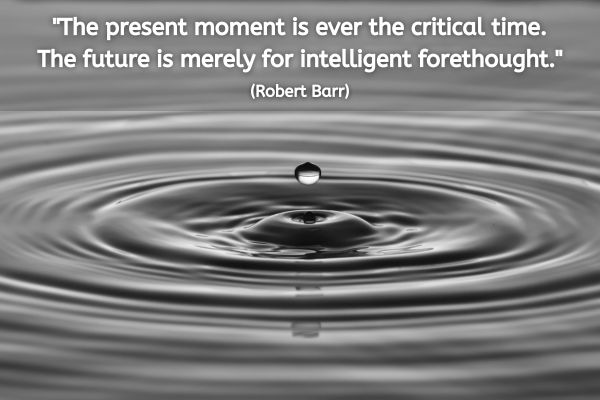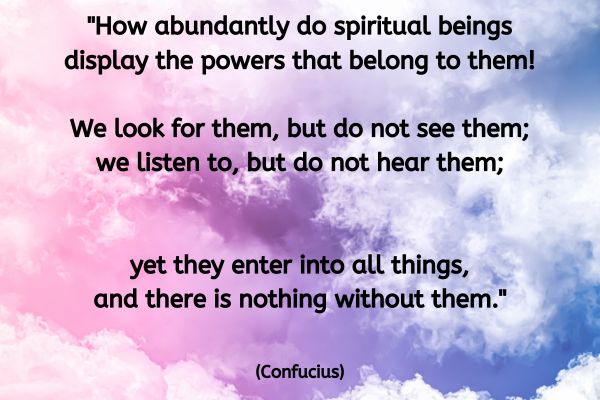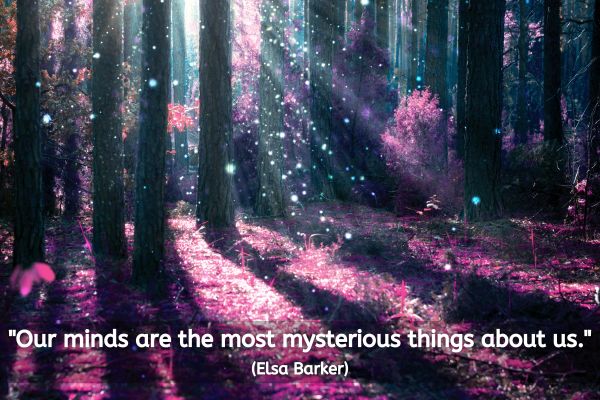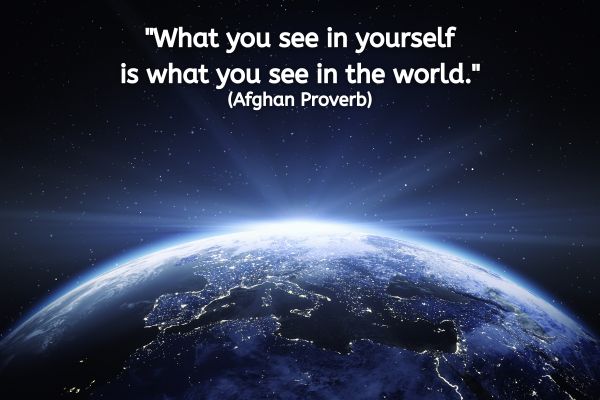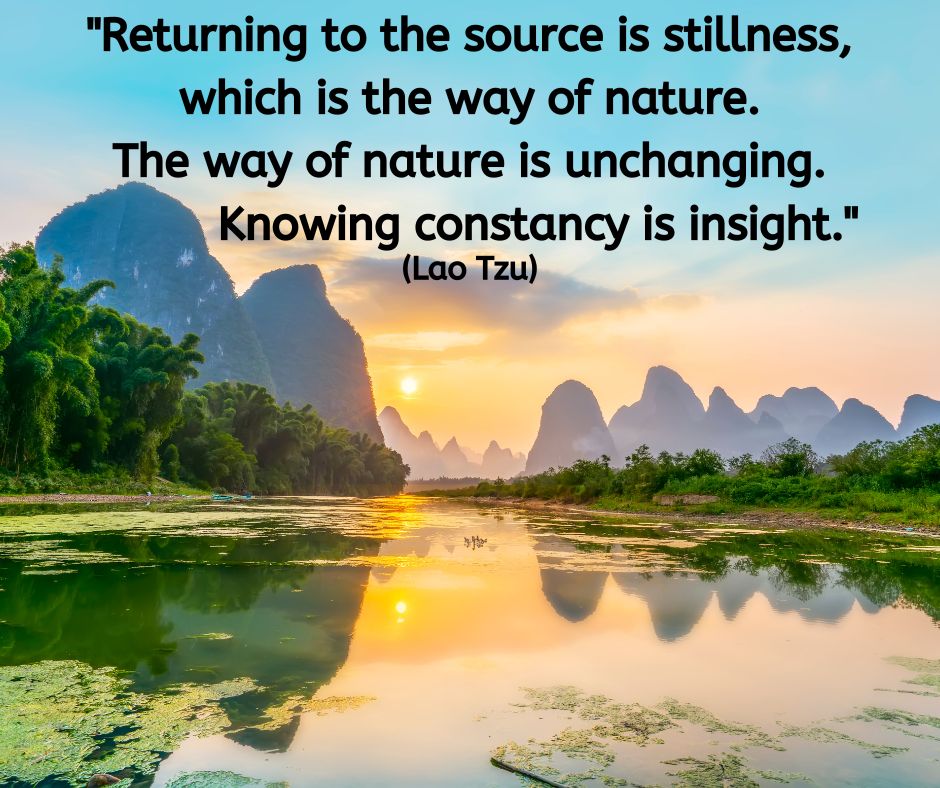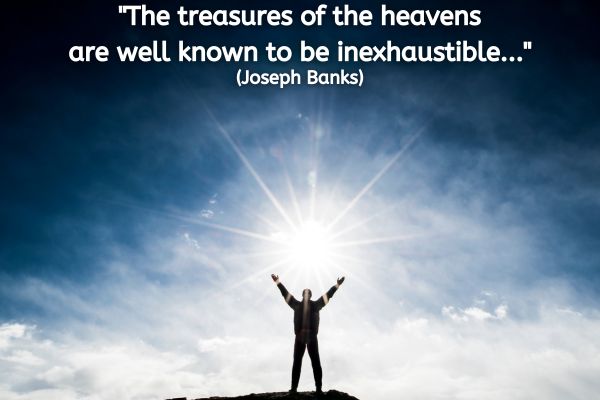The quote of the day is:
“Our minds are the most mysterious things about us.” (Elsa Barker)
This quote by the American novelist, Elsa Barker got me thinking about thinking and the nature of thought. So much of the self help industry is about controlling and manipulating our thinking. Sure, the techniques and approach to how that is done may alter, but at the heart it’s generally about looking at specific thoughts. I’m not criticising that approach, it can be helpful – I spent years becoming qualified in several modalities that address symptoms and were really helpful.
Certainly, the content of our thoughts can indeed be mysterious—even perplexing at times. For example, just the other night, I had a dream about vampire cats. It left me scratching my head upon waking—why on earth did my mind conjure up such an odd scenario? Was it something I ate? A hidden fear? Or perhaps my adorable feline tried to nibble me awake, seeking attention in the early hours.
Unveiling the Nature of Thought
This bizarre dream got me thinking about how unpredictable and enigmatic our thoughts can be. If my mind can produce such a peculiar image without any obvious trigger, it begs the question: Where do our thoughts actually come from? Is there a deeper source or mechanism at play beyond our conscious control?
A simple shift in focus from trying to interpret or control individual thoughts to exploring the very nature of Thought itself is part of the difference between how I coach now and how I used to coach. Instead of getting caught up in the endless complexity of thought content, I became curious about the origin of thinking—about how and why thoughts arise in the first place. At this level, I find that huge impact can happen without having to go and identify a “problem” thought and change that thinking.
Exploring the Nature of Thought: Different Perspectives
We rarely pause to consider the origin of our thoughts – at least I didn’t until I started to look in this direction. Do they arise solely from neural processes in the brain? Are they influenced by something beyond our individual selves? Philosophers, scientists, and spiritual leaders have debated these questions for centuries.
- Philosophical Perspectives: Philosophers like Descartes pondered the nature of consciousness, famously stating, “I think, therefore I am.” But what enables us to think in the first place? Is there a fundamental essence of mind that we all share?
- Scientific Insights: Neuroscience tells us about brain waves and synaptic connections, mapping how thoughts may form. Yet, even with advanced technology, the exact moment a thought emerges remains elusive—a spark in the dark.
- Spiritual Views: Many Eastern philosophies suggest that thoughts arise from a universal consciousness. In mindfulness practices, thoughts are observed as passing phenomena, not necessarily owned by us but flowing through us.
I’m not a Neuroscientist, so I will leave that avenue to those experts, neither have I got a doctorate in philosophy so I will leave that angle for others to tackle. The spiritual approach of how we seem to work as a human and the practical implications of that is what my work is all about, so I will focus upon that perspective.
The Nature of Thought in Coaching
By shifting our focus from the content of individual thoughts to the nature of Thought itself, we can begin to see our minds in a new light. Instead of viewing thoughts as problems to be solved, we can perceive them as waves in the ocean of consciousness—natural, ever-changing, and part of a larger whole. One aspect of my work is to guide clients to recognise that thoughts are transient and arise from a universal consciousness, which can lead to profound personal transformations.
This perspective can be liberating. People often find that, naturally and effortlessly, changes occur, such as:
- Reduce Anxiety: When we stop trying to control every thought, we relieve ourselves of an impossible task.
- Enhance Creativity: Openness to whatever thoughts arise can foster greater creativity and innovation.
- Find Peace: Recognizing that not every thought requires action or judgment can bring a sense of calm.
Only recently, a client was telling me that a family member had got curious about what had happened because they could see such a difference in the way my client was now in their relaxed approach to life, yet with things positively unfolding quicker than before. My client was saying how powerful seeing this is, and the impact it can have.
Reimagining Reality: The Nature of Thought and Perception
What if, we live in the feeling of our thinking? It won’t have escaped your notice that if you are conscious that you are thinking a happy thought then a feeling of happiness accompanies it. But what if that was the case for all thoughts – even the ones that you aren’t conscious off having. Any feelings of pressure and stress are just our system’s way of drawing attention to, not the specific content of a thought, but that we are innocently grasping onto some thinking. A reminder, if you like, that we don’t have to hang on to that thought, the option to relax our grip on it is there.
What if, it’s the energy that thought is made from that is influencing how we feel. Does the intrinsic power of thought shape our emotional state?
What if, how we perceive the world is made up from our thinking – almost as if it’s forming a holographic projection around us, as determined by the power of thought. Is our reality is a reflection of our mental processes?
I invite you to consider for yourself – it may be that you can easily see that in some areas of your life that you easily see the influence that Thought has, whilst in others, that just seem really real. What if that it applies to those areas as well?
Our minds are indeed mysterious, but perhaps that’s something to celebrate rather than fear. By exploring where our thoughts come from, we open the door to greater self-understanding and compassion. Instead of wrestling with every thought, we can learn to observe them, appreciate the mind’s complexity, and embrace the mystery. I’d love to hear your perspectives. What are your thoughts on the origin of thinking? Feel free to share in the comments below.
About Jen Waller
Jen Waller is a transformative coach dedicated to empowering individuals to get out of their own way and make a meaningful impact in the world. With an impactful, nurturing coaching style, Jen supports clients in unlocking their potential and achieving their goals. As an experienced coach and trainer, she guides clients from self-doubt to success.
Discover how Jen can support you to get out of your own way here.
